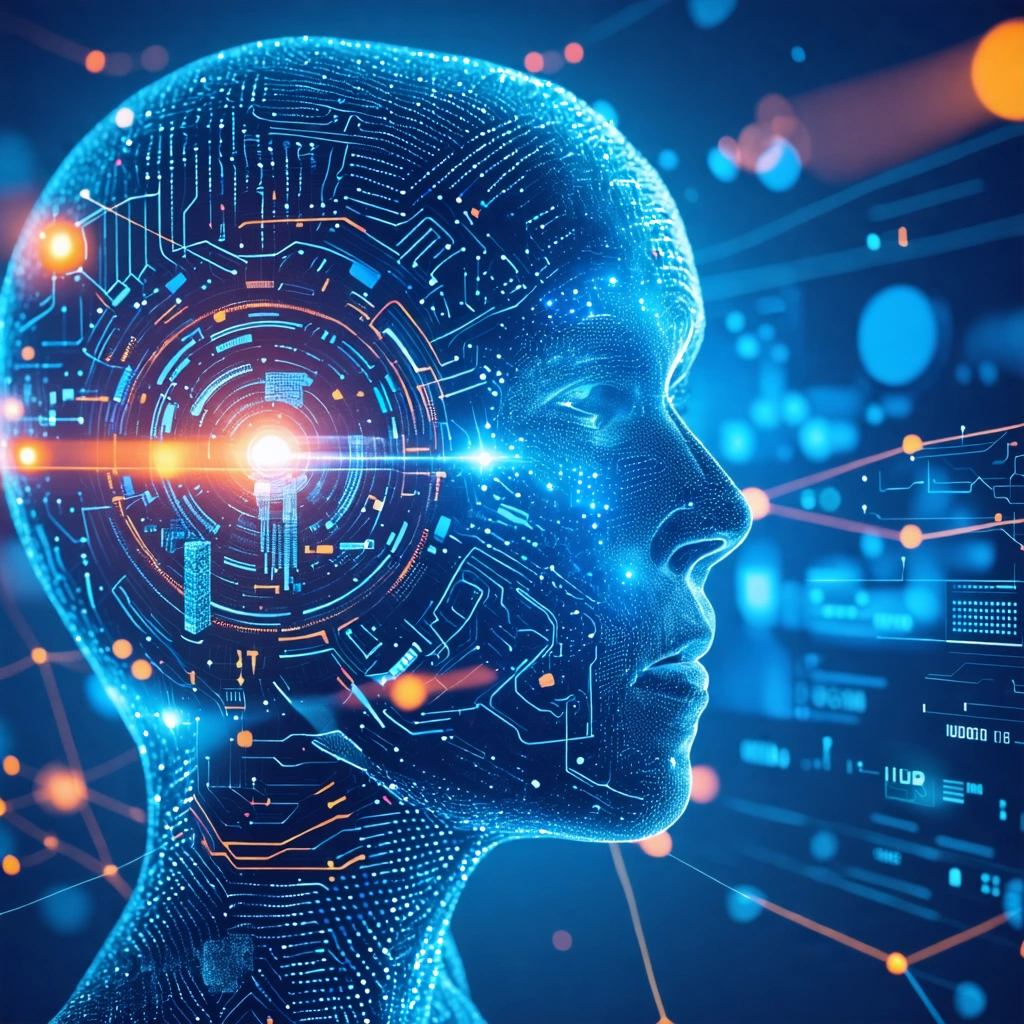
Emerging Trends in Artificial Intelligence and Machine Learning: What to Expect in 2024
Takeaways: The landscape of artificial intelligence (AI) and machine learning (ML) is rapidly evolving. Key trends include the rise of ethical AI, advancements in natural language processing, increased automation, and the integration of AI in various industries. This article delves into these trends, providing insights into their implications and future directions.
The Rise of Ethical AI

In 2024, we can expect a significant focus on developing frameworks to ensure that AI applications are fair, transparent, and accountable. Organizations are likely to adopt guidelines and best practices for ethical AI deployment. This could involve implementing bias detection tools and conducting regular audits of AI systems to identify and mitigate potential biases.
Moreover, the demand for explainable AI (XAI) is anticipated to grow. Businesses will seek AI systems that can provide insights into their decision-making processes, fostering trust among users. As regulatory bodies worldwide consider legislation around AI ethics, companies will need to prioritize compliance and ethical considerations in their AI strategies.
Advancements in Natural Language Processing

Key applications of advanced NLP will include improved chatbots, enhanced sentiment analysis tools, and more capable virtual assistants. Businesses are likely to leverage these technologies to enhance customer service, streamline operations, and provide personalized experiences to users.
Furthermore, the democratization of NLP tools is set to continue. Open-source frameworks and user-friendly APIs will make it easier for developers and businesses of all sizes to implement NLP solutions without extensive expertise in AI. This trend will accelerate the adoption of AI-powered tools across various sectors, from healthcare to finance.
Increased Automation Across Industries

In the manufacturing sector, for instance, AI-driven robots and automation systems will continue to refine production processes, leading to higher efficiency and less downtime. Predictive maintenance powered by machine learning will help identify equipment failures before they occur, saving companies significant costs.
In logistics, AI will play a crucial role in supply chain optimization. Machine learning algorithms can analyze vast amounts of data to forecast demand, manage inventory, and streamline delivery processes. Retailers will also leverage AI to enhance inventory management and personalize customer experiences through targeted marketing.
AI Integration in Healthcare

AI algorithms are increasingly used for early disease detection, analyzing medical images, and predicting patient outcomes. Machine learning models can process vast datasets, providing insights that help healthcare professionals make more informed decisions.
Moreover, AI is facilitating personalized medicine, allowing treatments to be tailored to individual patients based on their genetic makeup and health history. This trend will likely accelerate, as more healthcare providers adopt AI solutions to enhance patient care.
Telemedicine is another area where AI is making significant inroads. Virtual health assistants powered by AI can monitor patient health, provide medical advice, and assist with scheduling, making healthcare more accessible and efficient.
Conclusion







